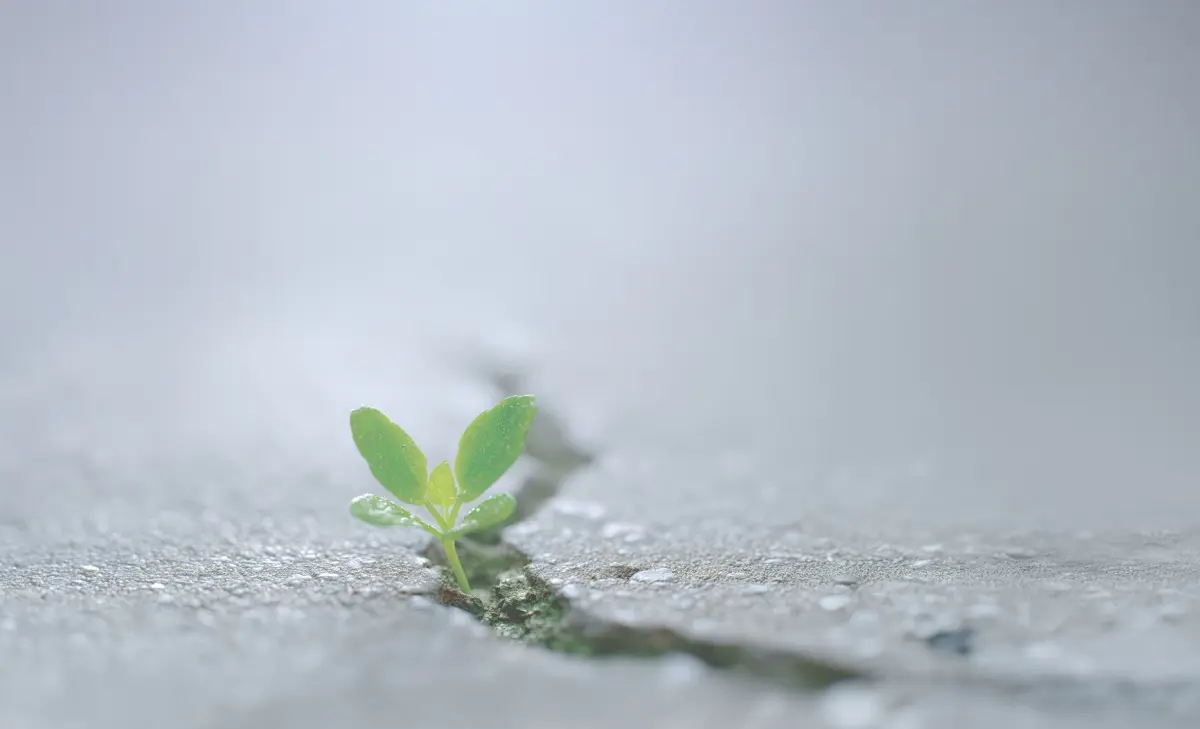News & Articles

Understanding Grief and How We Heal

Grief takes many forms in illness and healing — from the loss of health or identity to the death of a loved one — and often stays with patients and families throughout the cancer journey.
What is Grief?
Grief and loss are inevitable parts of life. While grief is a natural emotional response to losing someone or something important, it is also an essential part of the healing process. For cancer patients and their families, grief can be a profound and ongoing experience shaped by many forms of losses throughout the cancer journey.
It is Not Just About Death
While we often associate grief with the loss of a loved one, we can grieve for many other reasons. For cancer patients, this may include the loss of health, control, security and a sense of normalcy. Survivors may also face lasting effects from treatment — such as losing a body part, neuropathy, impaired hearing or memory decline — that alter daily life. Even after survival, these losses are real. Adapting to them takes strength, and over time, this adjustment can foster resilience.
Anticipating the Losses
Grief often manifests long before the actual loss occurs. Known as anticipatory grief, it often arises when patients foresee changes they fear, such as missing milestones or losing physical abilities. Patients have shared their experiences in heartfelt ways:
“When my friend spoke of his daughter’s wedding, I fear I will not be able to walk down the aisle with my daughter.”
“Each step hurts. I know how this ends — like my father, I will be in a wheelchair.”
“As I think about celebrating Dad’s next birthday, a quiet sorrow pressed upon my chest, like a shadow at dusk.”
While anticipatory grief can be emotionally draining, it allows time to reflect, adjust to the inevitable changes, say goodbye and, very importantly, nurture the resilience for individuals to face the impending loss with strength and grace.
Emotions After a Loved One Passes
Even when expected, the death of a loved one can still come as a shock — especially if it happens suddenly or too soon. Grieving often brings a mix of emotions: deep sadness, yearning for the missing presence, anger at the loss or at oneself and guilt for not being able to prevent the inevitable. Some may also feel relief that their loved one is no longer suffering or feel grateful that the demands of caregiving have ended. These emotions, however conflicting, are natural and a common part of the grieving process.
Understanding Grief
Grief typically involves five stages: denial, anger, bargaining, depression and acceptance. However, it is not a linear process. One often goes back and forth or oscillates between stages, experiencing them differently as one adjusts to loss.
Adapting to the Loss of a Loved One
The depth of our grief reflects the depth of our love. Losing our loved ones creates a painful void, and learning to live with that absence can be a long and difficult journey. Grief is deeply personal — there is no right or wrong way to grieve, and no timeline for healing. Each person processes loss in his or her own way and time. Healing begins not by forgetting, but by acknowledging the pain and gradually learning to carry the loss with us as we continue to live with compassion and strength.
When Grief Does Not Go Away
There are some who struggle with adjusting to loss and become depressed. Complicated or prolonged grief refers to grief that does not improve — or worsens — as time passes. If you are experiencing this, it is important to reach out for support. It will be helpful to speak to your doctor or a mental health professional.
Beyond Goodbye
My personal experience of grieving is one of adaptation to loss, to a new normal without our loved one’s physical presence. It is about continuing bonds, finding enduring connection with them again in memory and spirit. We carry their love, values and the gifts they left behind into our everyday lives — allowing their influence to ripple through how we live, love and care for those around us.
We carry their love, values and the gifts they left behind into our everyday lives — allowing their influence to ripple through how we live, love and care for those around us.
| POSTED IN | Caregiving, Palliative Care, Psychological Health |
| PUBLISHED | 01 July 2025 |
